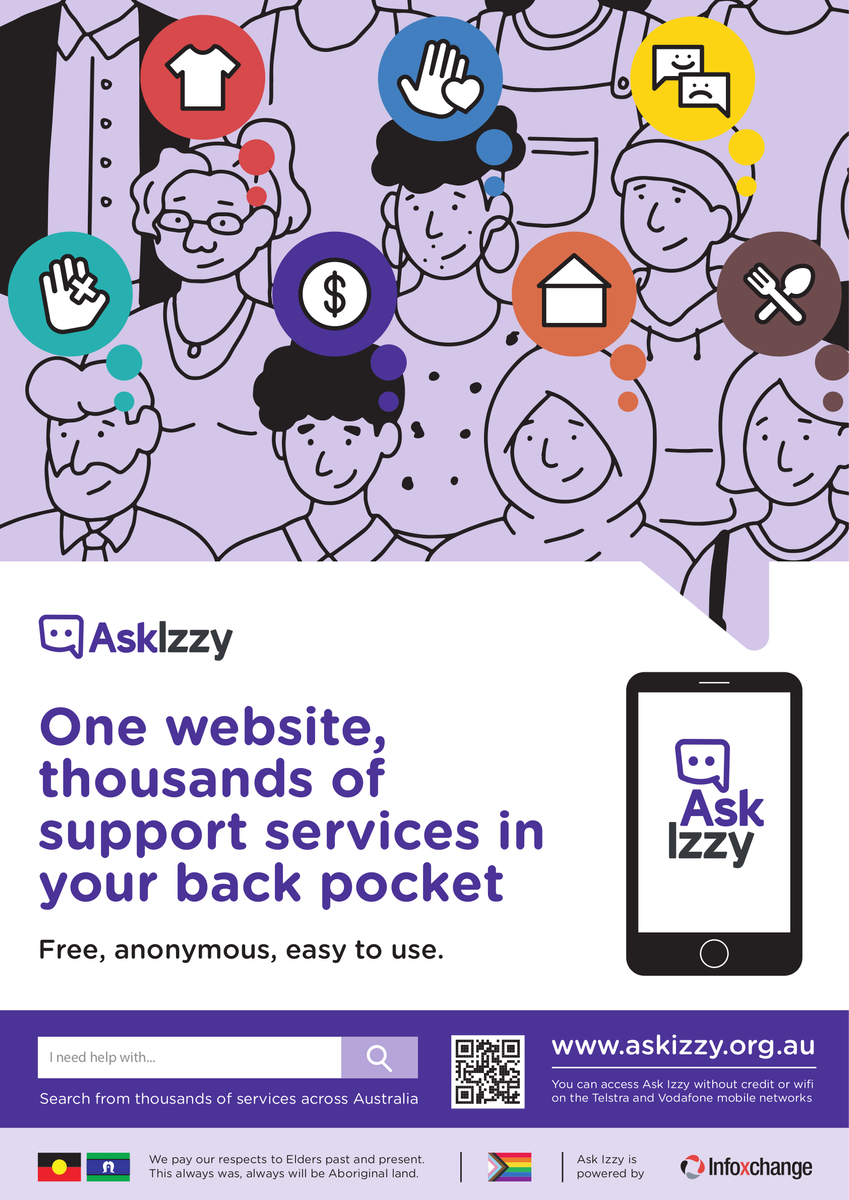Parent Wellbeing
Wellbeing

Parent Wellbeing
Wellbeing
Here’s What to do Instead
It’s natural to want your children to have the perfect childhood – but the pressure to be perfect is exhausting. What if being a ‘good enough’ parent was better for us and our kids?
In the digital age, we have a vast amount of information at our fingertips about what is good for our kids and what isn’t. The good news, is that it means we can make informed choices as parents. We have access to information about health, development and nutrition that previous generations lacked, and our children undoubtedly benefit from it. But the downside is information overload.
Dr Andrew Wake, child psychiatrist and author of The ‘Good Enough’ Parent, says “A hundred years ago, there were very few options, so it was easy to choose what you should do. Today, we’re burdened by too much choice. When we’re surrounded by so much knowledge, we feel immense pressure to get things right and crippling guilt when we don’t. Our confidence fails as we exhaust ourselves trying to achieve unattainable goals."
We’re Only Human
And humans are, by nature, imperfect creatures. Dr Wake believes that the mistakes we make aren’t just unavoidable – they are a vital part of parenting. The constant pursuit of perfection leaves little room for the messy business of growth. If we never stumble, we never learn – and nor do our children.
What if we could loosen up AND become better parents? We don’t need to get everything right all of the time, in fact, it’s better if we mess up now and then. This liberating premise is the basis of ‘good enough’ parenting.
What is Enough?
As parents, we must adequately meet our children’s needs: ensure they feel a strong attachment to us, they’re safe and well-fed, get enough sleep and exercise, receive an education and have connections within the community. We also need to provide enough affection and love, as well as firm boundaries to govern behaviour. It’s this secure base that allows a child to go out, explore the world and take risks. It’s also fundamental to their emotional development.
Perhaps counterintuitively, we also need to ensure our children are missing out enough. As Dr Wake explains in his book, missing out (where appropriate) allows a child the chance to learn how to deal with their anger. We don’t always get what we want in life, and it’s our job as parents to teach our children how to cope with disappointment when it happens.
A Mantra
A mantra for good enough parenting is “support when you can, save when you must,” says Dr Wake. If your child is drowning, you rescue them – no question. But if they are contending with a problem that is not life or death – a poor exam grade or a fight with a friend – let them first try to work it out for themselves.
“Every time you save someone, you weaken them,” he says. “Every time you step in and tell a child what to do, you’re actually making them more dependent on you.” Of course, the needs of a toddler are more hands-on than a teenager. “The younger they are, the more you step in,” says Dr Wake.
Ask Izzy is a website that connects people in need with housing, a meal, money help, family violence support, counselling and much more. It is free and anonymous, with thousands of services listed across Australia. If you’re on the Telstra or Vodafone mobile networks, you can access Ask Izzy on your phone even if you don’t have credit or access to wifi.


Knowing that someone you love is hurting themselves can be frightening. It can be hard to understand and often your immediate reaction is to want it to stop. But giving up self-harm is not always that simple. It can take time for young people to learn the skills they need to stop self-harming. Fortunately there are lots of things you can do to help them through this process. Beyond Blue has supplied this attachment with information for parents:
The Wellbeing Team have compiled a range of resources and support services for students and families to access via Compass under Community (the two people) – School Documentation – For Students/For Parents – Wellbeing Resources.
Parentline: 13 22 89
If you would like further ongoing support, it is recommended that you make an appointment with your family General Practitioner (G.P.) where you can discuss the concerns that you may behaving. The G.P. will then be able to make the appropriate referral for ongoing support as required.
Student Wellbeing Team
Email: wellbeing@wantirnacollege.vic.edu.au
Guiseppe Relia – Wellbeing Coordinator
Talea-Jane Simpson – School Counsellor
Lea Marrison - Mental Health Practitioner
Tajinder Wulff - Mental Health Practitioner